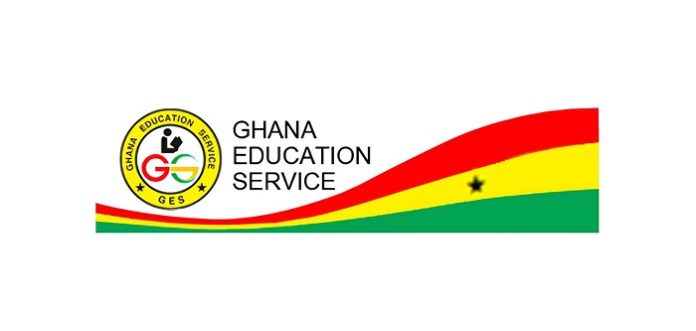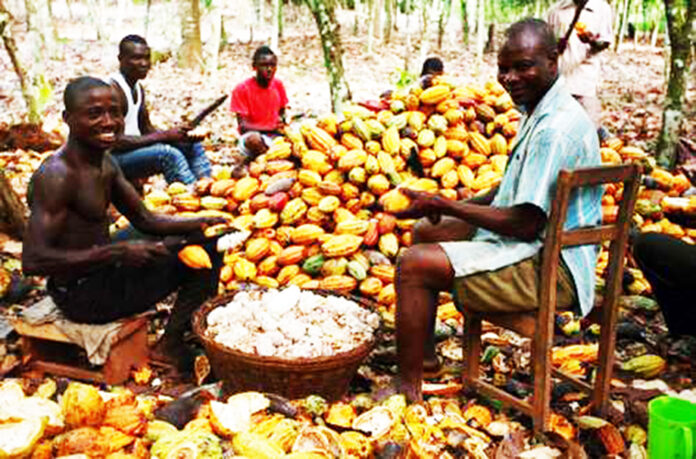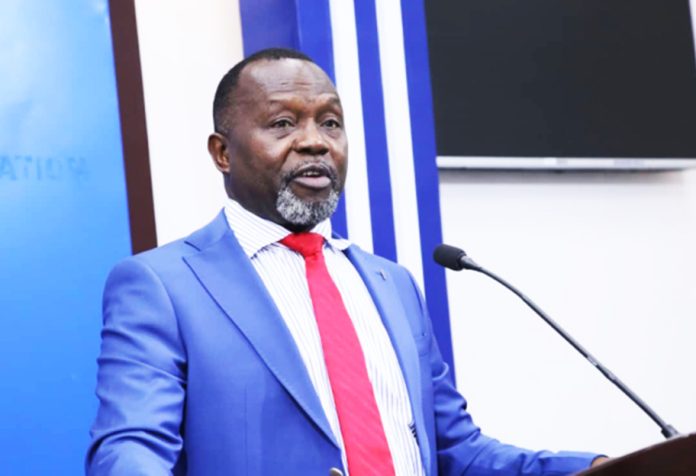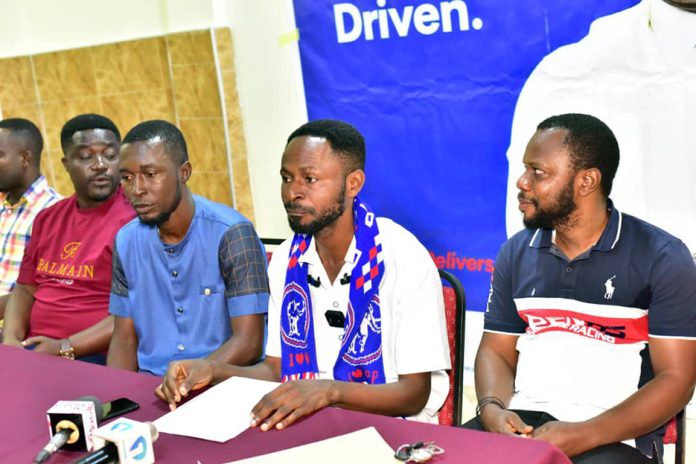Four things belong to a judge: To hear courteously, to answer wisely, to consider soberly, and to decide impartially –Socrates.
His Lordship Justice Paul Baffoe-Bonnie is the man who on Tuesday, September 23, 2025 was named by President John Dramani Mahama as Chief Justice. He takes over from Justice Gertrude Araba Sackey Torkonoo who was shown the exit after a five-member committee led by Justice Pwamang established a case against her following petitions filed against her.
This appointment was in tandem with Article 144(1) of the 1992 Constitution which states: “The Chief Justice shall be appointed by the President acting in consultation with the Council of State and with the approval of Parliament”.
The removal of Justice Torkonoo was given a political slant. In a press conference on June 25, 2025 she said “Resigning is not an option”; and, elaborating, went ahead to state that she would suffer harm if she resigned; resigning would mean she was running from the allegations made against her; in an argumentum ad hominem mood, she recalled the “investigation” by the Committee at Adu Lodge, a place her uncle suffered at the time of the Rawings’s Revolution.
She stated that the removal process was “cruel” and “unconstitutional” and thus yielding to the unprecedented removal process would “legitimise” the “unconstitutional” and “cruel” process. She wanted the trial to be made public; not as the 1992 Constitution says it should be “in camera”, a Ia Article 146(8).
The removal of Justice Torkonoo placed the members of the Ghana Bar Association in a quandary; so did it do to the political parties. At Wa, the Bar was torn between following the President Mrs. Efua Ghartey or following one’s own conscience and knowledge of the 1992 Constitution:
Efua Ghartey President of the Bar stated that “the process for the removal was unfair, particularly when deployed in the removal of a Chief Justice … the position of the Bar as announced at the mini conference in Accra was not against the legality of the removal process but rather, the lack of procedural clarity in the removal process…”.
The members of the Bar (or rather those who supported the President’s stance) received strong criticism from eminent legal practitioners suffering charges of hypocrisy. Professor Stephen Kwaku Azar, for example, wrote: “GBA Must Stop Sermonizing on Article 146: In 1995, the Ghana Bar Association (GBA) itself tried to remove Chief Justice I. K. Abban. Instead of involving Article 146 which is the sole constitutional procedure for removing a Chief Justice the GBA filed under Article 2, arguing that Justice
Abban lacked the high moral character and proven integrity required by Article 128 (4) … the Court threw the case out, pointing to Article 146 as the exclusive process for removal. That is why today’s GBA cannot credibly sermonise that using Article 146 is an “attack on the judiciary …”.
Another distinguished legal practitioner Thaddeus Sory also questioned why the GBA did not call Chief Justice Torkonoo for questioning when she insisted on public hearing in contradiction to the constitutional provision requiring the committee hearings being held in camera.
Perhaps it was good that circumstances did not permit us to attend the Bar Conference at Wa. We thought the magic wand that respected Ayikoi Otoo had used to defend Lawyer Owusu Afriyie (Sir John) in the “contempt” case had deserted Ayikoi Otoo in the Gertrude Torkonoo’s case and made Ayikoi Otoo talk too much – to the extent of encouraging his client, Gertrude Torkonoo to take the matter to the ECOWAS Court to wrestle for the taxpayers’ GHȼ10 million.
Comes in the new affable, knowledgeable and self-motivated Paul Baffoe-Bonnie. In accordance with Article 144 (1) of the 1992 Constitution. President Mahama wrote to the Council of State nominating Paul Baffoe-Bonnie as the new Chief Justice, arguing, “…throughout his distinguished judicial career, served with diligence and integrity at the High Court, the Court of Appeal, and currently, the Supreme Court.
He has made invaluable contributions to the development of Ghanaian jurisprudence. He has earned the esteem of the Bench, the Bar, and the wider legal fraternity for his intellect, impartiality, and unwavering commitment to justice. His wealth of experience and long service on the Bench render him eminently qualified for the high office of Chief Justice. His lordship has been serving as Acting Chief Justice since 22nd April, 2025 …”.
Justice Baffoe-Bonnie was born on 26th December, 1956, to Opanin Baffoe-Bonnie of Sawua and Maame Ama Kyerewaa of Bremang had his basic education at Goaso, continued at Konongo-Odumasi Secondary School and obtained both his Ordinary and Advanced Level certificates. He studied law at the University of Ghana, Legon and the Ghana School of Law, and called to the Bar in 1983. At Legon, he paired with Kwadwo Owusu-Afriyie (Sir John) at Sarbah Hall, and with him and the ex-Chief Justice Anning-Yeboah, they called themselves the “trio of Village law students”.
As room-mates, one could guess how they enjoyed student-life together but it’s not easy to guess who was “fast enough to enahoro the other OR who would “soak” the other’s sleeping cloth for (guess what?) Don’t remind us about our penchant for soaking our room-mate’s (Kwadwo Baah’s) sleeping cloth on several occasions when we were room-mates OR who charged the most at the cafeteria and got cartooned OR who was the regular chewer-on at Hall dances.
After his nomination, Mustapha Gbande, Deputy General Secretary of the NDC said at
Joy News: “It is finished”. He would go no further at the interview on 23rd September … makes us remember ex-Chief Justice’s proclamation: “The law is the law” (or put otherwise, “The law is the law, is the law”); was it not “agbenaa”? And in what way is the NDC or Mahama “destroying Ghana’s democracy”.
Baffoe-Bonnie worked as a Circuit Court judge in Kumasi and later as a High Court judge in Duayaw Nkwanta. In 2006, he got appointed as a Court of Appeal judge, and in 2008, President Kufuor appointed him as a Supreme Court judge.
He has a great wealth of legal knowledge of the law in Ghana and other jurisdictions. On his personal life, it will be recalled that the current Chief Justice is married to Patience
Baffoe-Bonnie, the present Director General of the Ghana Prisons Service, sworn into that office by President Mahama on March, 17, 2025. In a chat with the Daily Graphic, she disclosed: “After 35 years of service, I have no regrets of my decision as I have had a fulfilled career in the (Prisons) service”. Thirty-five years ago, she enlisted in the Prisons Service in contradiction with her colleagues who had advised her to pursue a University degree before building a career.
Chief Justice Baffoe-Bonnie and his wife, Patience Baffoe-Bonnie, Director General of Ghana Prisons Service are said to be “the most powerful couple in Ghana’s history… while the husband supervises the sentencing of individuals, the wife oversees their incarceration – the husband heads the courts, the wife heads the prisons”.
In August 2025, the couple made news when the Chief Justice swore his wife in as a Notary Public. It was congratulations all over, Madam Patience Baffoe-Bonnie having been legal practice for well over 20 years.
A friend of ours congratulates His Lordship Baffoe-Bonnie and wish him great success … but reminds him that his is a slippery road, and advises him to be “very very careful”. We all wish him success and may the Good Lord be his Guide through this rough journey.
Africanus Owusu-Ansah
africanusoa@gmail. Com

















